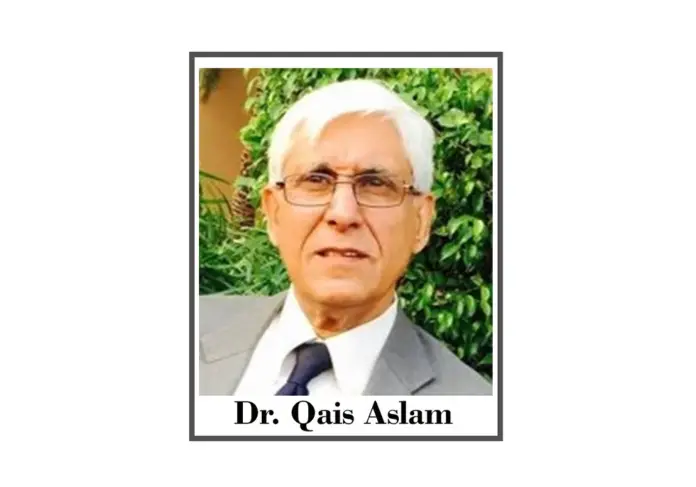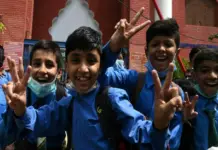Economic activity is the heart of all activities in modern urban societies, although from day one humans need to obtain sustenance as well as living standards and basic needs to survive and function. Before capitalism, humans lived in a village or feudal society where they produced to consume and whatever was left, they exchanged, usually on barter. Life was primitive and depended on weather conditions, water availability, and the productivity of land in a specific area. Industrialization gave way to urban living where all of us go out to work and sell our material and intellectual skills in different firms, produce goods and services and in return earn money income that is used to buy from the market all the goods and services necessary for a household to sustain life, give our children education or skills and to have a relatively decent standard of living. Agriculture provides food for urban centers while these urban centers provide markets and skills for rural areas. All this economic activity for self-interest collectively generates economic growth. This economic growth of each country depends upon the efficiency of its technological resources like machines, energy inputs and financial capital, as well as the productivity of its land and human resource like labor, managerial skills and entrepreneurship. Smart productive work also depends upon using the right person for the right job and calculating how with minimum costs can we generate maximum profits in the long run. This in turn depends mainly upon the political forces that decide the fiscal as well as monetary space that is given to private sector to invest and grow. This also depends upon the government of a country to establish trade and diplomatic relations with the rest of the world so that economic activity in the country can expand and grow, thus, giving opportunities for its human resource to find decent work and income generating opportunities.
In the context, researches show that three processes are important for improving opportunities for enhanced investments and providing decent work for all that are able and willing to work. One, robust, transparent and accountable institutions that enforce rules, regulations, standards and ensure safe and healthy working environment in the private sector and where necessary, the public sector. Second, trade relations within the country (intra-provincial trade) and trade relations with neighboring countries and the rest of the world in order to enhance and expand production and consumption that in turn facilitates economic growth and income generation opportunities. Third, and most importantly, mass, scientific thinking and skill-based education for all the children and youth in a nation that in turn enhances productivity of the labor force, self-employment opportunities as well as managerial skills for modern firms that use IT, robotics and other such techniques that enhance substantially economic growth when and where initiated.
SDG Goal 8 seeks to “Promote sustained, inclusive and sustainable economic growth, full and productive employment and decent work for all”. UN Department of Economic and Social Affairs Sustainable Development Report 2022 states, that Global economic recovery is hampered by, new wave of COVID-19, rising Global inflation, supply-chain disruption, policy uncertainties among countries and labor market challenges. Global economic recovery has a further setback due to the Ukrainian crisis. The report further states that global unemployment is to remain above pre-pandemic levels of 6.2% to 6.6%. 110 million children (1 in 10 children) worldwide are engaged in child labor. Worker’s productivity has increased, but not in less developed nations.
The population growth rate of Pakistan is near 2.9% while the sustainable GDP growth rate should be double that of population growth rate, i.e., 6.0%. Former prime minister Imran Khan had announced, “Year 2020 would be a year of jobs”. It was an encouraging declaration for a nation with a huge youth bulge and currently starved for jobs when inflation in 2020 was between 12.5 to 14.6 per cent and when the country has lost approximately one million plus jobs to downward trend in economic growth during the COVID-19 pandemic and lockdown. The economic growth rate in 2020-2021 was minus (–) 0.4%. In 2021-2022 this growth rate had jumped to a robust 5.9% and then there was a change of government in the country. World Bank predicted a growth rate of 3.5% in 2022, while Asian Development Bank downgraded this prediction to 3.2%. Current government in the country has predicted a 2.2% GDP growth rate due to lack of a serious investment and economic policy coupled with recent flood devastation that has wreaked havoc on the already poverty-stricken population, where entire villages have been washed away, roads and infrastructures have vanished and would take US $3 billion for the infrastructure to be rebuilt. The loss of crops and cattle has been estimated at US $10 billion for a country where already investments were diminishing and inflation had reached record 48% high. Bank rates are also at 15% and aim to control inflation at the cost of investment opportunities. The US dollar-rupee ratio reached Rs150 to one US dollar with an increase in trade deficit of US $48 billion, and balance of payments current account deficit that reached US $15 Billion, with Pakistan’s foreign currency reserves of only US $8.7 billion.
The policy of the current PDM government is to reduce imports, and contract economic growth in the country both through fiscal policy measures of increasing taxes (especially indirect taxes) decreasing government spendings (especially development expenditures) as well as monetary policy measures, thus reducing investment opportunities in the country, especially a contraction in medium and small businesses. All the above-mentioned approach is going to reduce employment opportunities and reduce income levels of the population. The personal crisis is huge, where petrol prices have substantially increased, electricity tariff (through fuel adjustment charges) has more than doubled and gas prices have increased three time, thus transport inflation has reached 62% in Pakistan, increasing the cost of doing business (supply side), as well as inflationary pressures on the consumers (demand side) reducing both employment levels, income generating opportunities in the country and standard of living of Pakistan’s population.
With more than 3 million unemployment rates plus one million new unemployment and another 2 million youth coming of employable age of 18 years, Pakistan needs jobs for more than 6 million people before the floods due to climate change. On one hand, rebuilding of the agriculture sector for food security, so that 130 million people can be fed with domestic resources, and producing cash crops in order to feed domestic exportable industry for earning much needed foreign exchange as well as for producing cooking oil and other import substitutes so that foreign exchange could be saved. Secondly, Pakistan’s industry should diversify into modern value-added goods for both domestic as well as foreign markets. The tradeoff is that for rapid economic growth, we need robotics and capital-intensive machines that have to be imported in large scale productive units, and for employment generation, we need labor intensive employment generating mass producing industrial units for ensuring employment and decent jobs for all that can only happen in small and medium enterprises. Thirdly, Pakistan’s service sector that contributes more than 50% to our GDP with an efficient retail, slaughtering, banking, IT, medical and legal etc. sub-sectors is not exporting to the world. The government should create incentives for the already existing service providers as well as for tourism industry so that the country not only employs our youth, but also earns for the nation much needed foreign exchange. A synergic and holistic economic approach by the political masters and the industrial managers as well as educational institutes in remoter areas etc. would redirect the country into sustainable economic growth that can ensure employment for all and therefore, fulfil the demands of SDG 8.
The lessons are that SDG goals are important and need a comprehensive approach for a country like Pakistan to (a) mitigate the adverse effect of climate change, (b) to enhance skills and productivity of its future generation and (c) to have a sustainable rapid GDP growth in all its sectors – Agriculture, Industry, and Services for the country to overcome its multiple challenges and cruises in economic activity, in politics, in maintaining rule of law and in protecting the environment and social sectors of Pakistan. It should be remembered that people come first, their skills, their employment levels, their income generating capacity and their consumption levels coupled by their productivity and investments in sustainable techniques, technologies, energy sources and new industrial products that reduce the country’s dependence on foreign debt while increase the country’s dependence on trade.
To fulfil the Goal 8, Pakistan should initiate measures that revert Pakistan’s rent seeking capabilities and at the same time increase its population’s profit seeking capabilities. Only then would we be considered a viable, sustainable nation capable of enhanced GDP growth and capable of providing employment for all by 2030.







